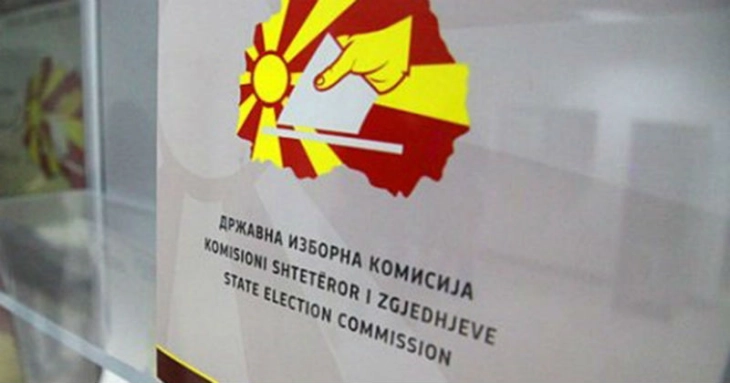The State Election Commission (SEC) has officially endorsed the Code for the observation of presidential and parliamentary elections along with the Instructions outlining the process for monitoring elections and electoral proceedings.
According to SEC member Boban Stojanoski, the Instructions aim to provide clear guidelines for accrediting observers and overseeing the entire election and electoral procedures. Stojanoski explained that both domestic and foreign organizations, registered at least one year before the elections, incorporating human rights protection principles into their statutes, are eligible to apply for observer status. Additionally, international organizations and representatives from foreign countries can seek observer status, with applications required to be submitted at least ten days before Election Day.
Boris Kondarko, another SEC member, focused on the Code, elaborating on who can participate in election observation and the corresponding application process. Kondarko emphasized that eligible entities include domestic associations and foreign organizations registered at least one year before the elections, with statutes embodying human rights protection principles. The Code outlines observation rules, delineates the permissible and impermissible actions of authorized observers, and specifies their conduct during observation. Observers are required to adhere strictly to the Electoral Code provisions and SEC instructions, maintain impartiality in their duties, refrain from bias towards election authorities or candidates, and avoid influencing electoral processes or voters. Kondarko highlighted that authorized observers are prohibited from endorsing a party, coalition, or candidate, wearing any related designations. To ensure transparency, authorized observers must wear an issued SEC badge, carry personal identification documents, and base their observations on well-documented facts.






Comments are closed for this post.